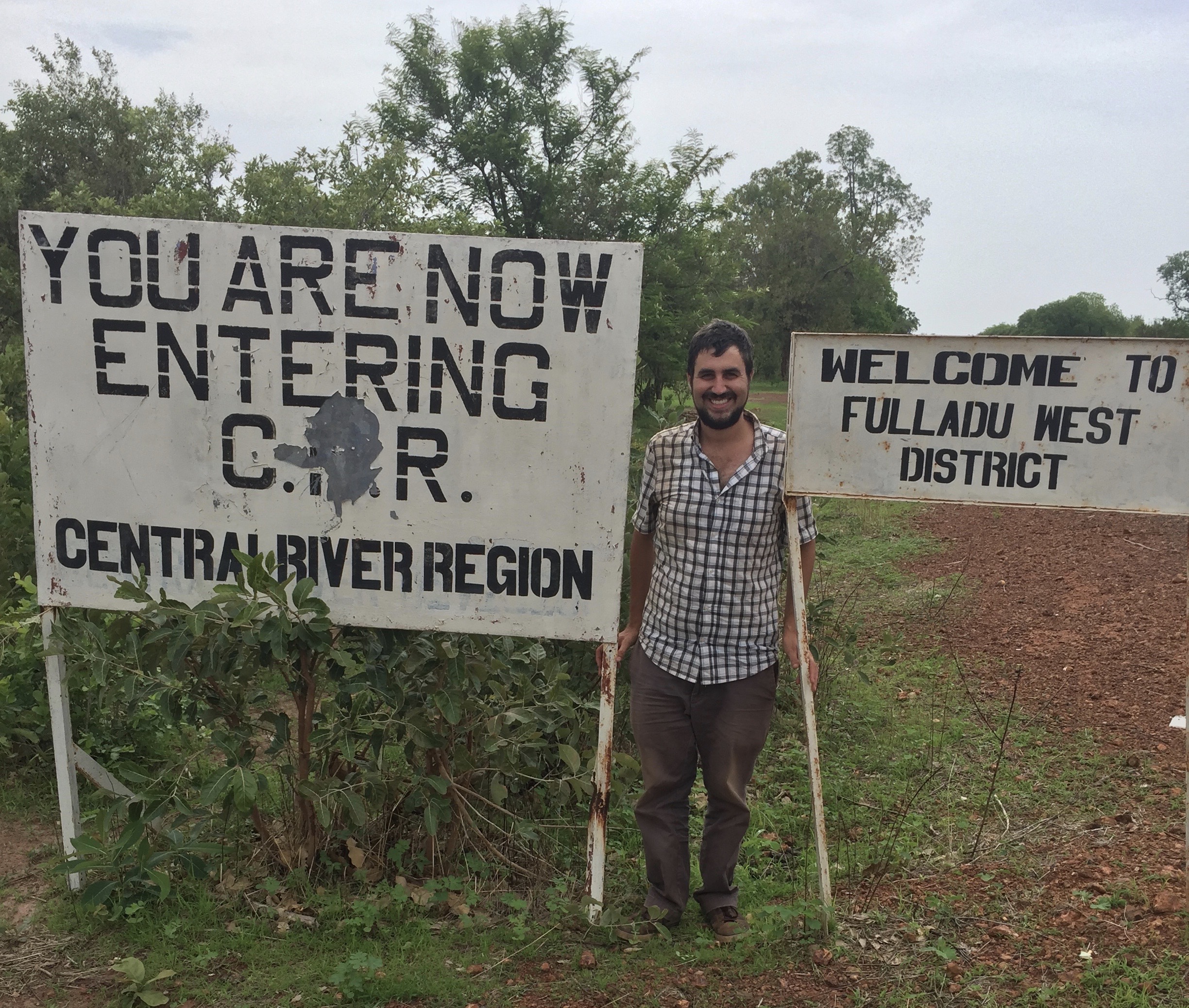
Researching Southern Senegambia
I have recently finished my sixth year as a doctoral candidate in African History at Michigan State University. This project was done as a part of the Cultural Heritage Informatics Fellowship . I used this opportunity to transcribe and translate 15 of the 220 interviews I did while conducting research in Senegal, Gambia, and Guinea-Bissau in 2016 and 2017. This research was originally inspired by my time in the Peace Corps in the town of Dabo in southern Senegal. While there, I lived about 15 miles from the border with Guinea-Bissau and about 45 miles from the Gambia border. On the other hand, I lived about a day and a half from Senegal’s capital, Dakar. From my time in Senegal, I realized that almost everyone had family members across the border and sought to explore how these connections had developed over time.
I went back to Senegal to do preliminary research in the summer of 2014 and followed that up with research in the Gambia in the summer of 2015. While this was solely archival research, I needed to understand the ways in which individuals understood and moved across the border. Therefore I went back to conduct interviews at the close of 2016. This research was funded by a Fulbright-Hays Doctoral Dissertation Research Abroad Fellowship, and the interviews were assisted by Falaye Dankfakha and Mady Camara. All of the interviews featured in this project were primarily facilitated by me (in Pulaar), with assistance from Falaye and Mady. Other interviews featured in my dissertation took place in two other West African languages,Mandinka and Wolof, with translation from my research assistants.